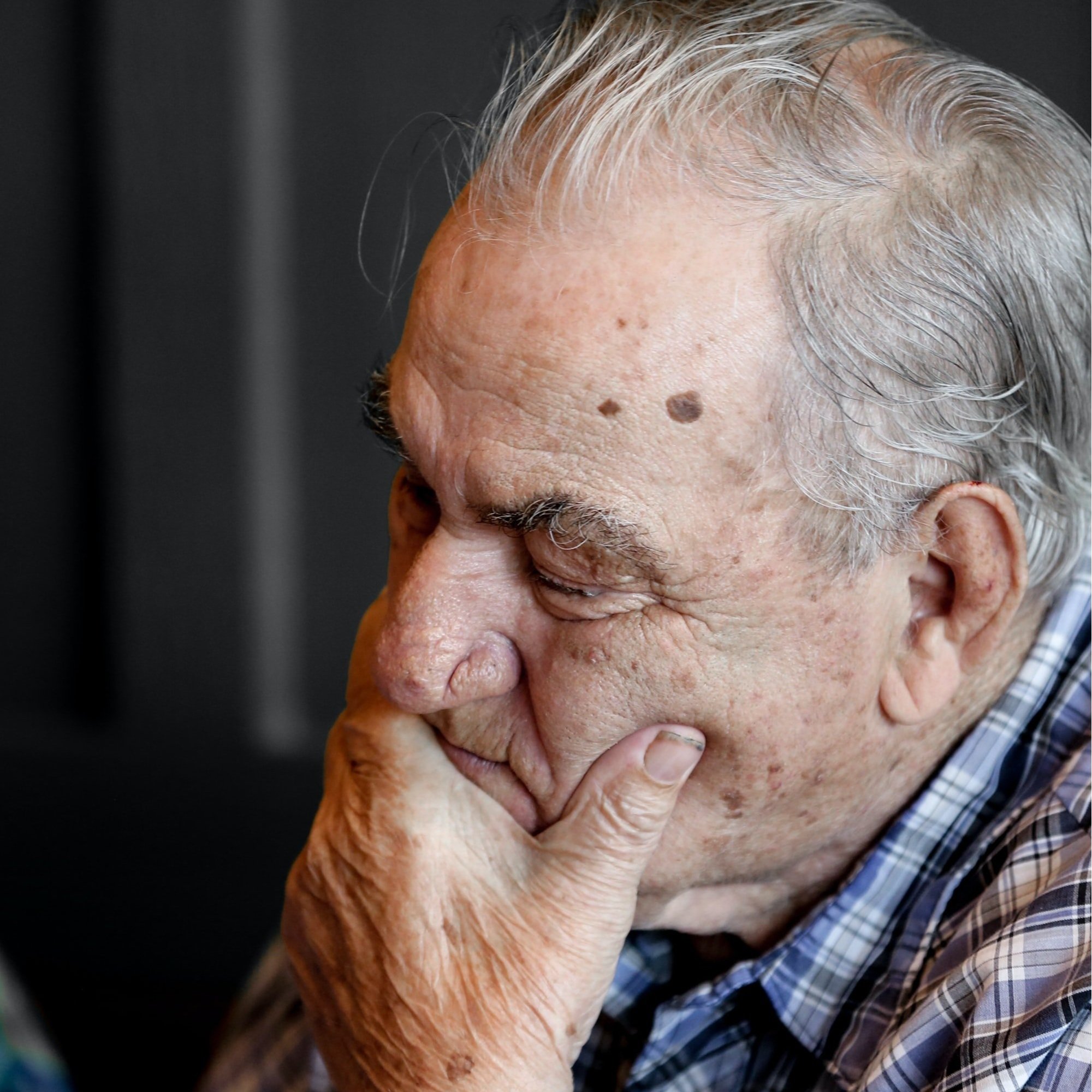November 25, 2018. PICTURED: Chinese biomedical researcher Dr. Jiankui He. Photo credit The He Lab. CC 3.0
December 30th, 2019. Last year, the Chinese scientist Jiankui He sent shockwaves through the scientific community when he announced he had used CRISPR to edit the genes of two human fetuses – twins later born in the Chinese city of Shenzhen in the province of Guandong.
The genes in question were the twins’ CCR-5, on which Jiankui added the Δ32 mutation which has been shown to confer HIV-resistance and even AIDS immunity. This was unsanctioned by international practice organizations, and much was made about the first small step for human gene editing.
Jiankui was aided by two other scientists, Renli Zhang and Qinzhou Jin who were all sentenced to 3 years in prison after being charged with malpractice and forging ethical review papers which misled medical practitioners in the country.
Jiankui’s ethical reviews meant he could recruit others to carry out gene-editing and assisted reproduction for multiple couples of HIV-infected persons.
The court found that all three men failed to legally acquire the necessary medical authorizations for such a breakthrough procedure, and that they pursued the project solely for profit.
Immunity of sorts
While HIV-resistance and AIDS-immunity may seem like wonderful biological defense mechanisms for HIV-positive couples wishing to have children, the mutating of genes is known to be a very risky realm of experimentation, since many gene mutations that confer some kind of biological benefit, also carry a biological cost.
The most well-known of these biological ‘give -and-takes’ is the sickle-cell gene.
The sickle cell hemoglobin gene confers a powerful resistance to malaria, and is only found within malaria-endemic regions of the world, hence it’s distribution in black communities.
It protects against severe malarial-anaemia, high-density parasitaemia, and all-cause mortality between the ages of 2 and 16. However, the increased risk for mortality that comes with the sickle-cell hemoglobin gene is also very well documented.
Unanswered questions
Science Magazine reports that many international scientists still have questions regarding the man, the case, and the babies born. Seeing as this is the first direct application of CRISPR on humans to treat existing diseases, there’s naturally a lot that can be learned both regarding the effects of gene-editing technology and the ethical and legal implications therein.
“We had been wondering what had happened to He Jiankui; there has been little if any news on his whereabouts or the progress of any investigation being conducted by the Chinese authorities, or of other details surrounding what he had done, for many months,” said Robin Lovell-Badge, a stem cell biologist at the Francis Crick Institute, Uk, in a statement.
Details of the investigation, writes Science Mag, including who conducted it, haven’t been released by the Chinese government even now after the trial has concluded, and Jiankui hasn’t spoken to the public or media since his press conference in Hong Kong when he announced the results of his procedure.
Since then, China has tightened the regulations on genome-editing research and practice.
Lovell-Badge hopes “all three babies are happy and healthy” and says they “deserve privacy”.
“There are still many details of the case that have yet to be released,” he says. Along with details of whether the genes Jiankui allegedly targeted were the only ones, there’s the question of how he “could have proceeded with what he did with so much secrecy”.


